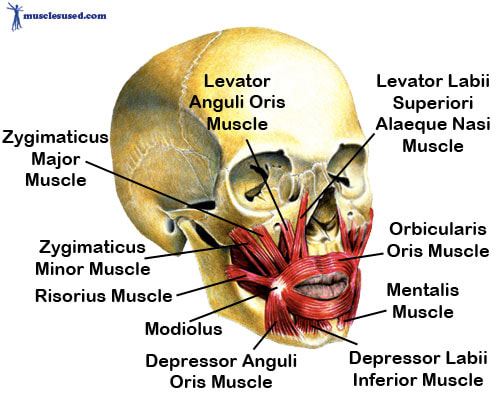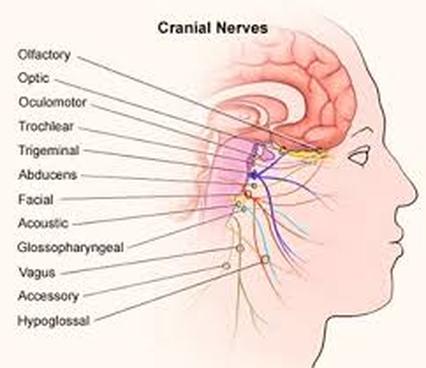Chops feel beat up, tired and fatigued? Must read this!
Basic neurological explanation which explains fatigue.
Thank you to Matt Burke - The facial nerve (7th cranial nerve) that controls the muscles of the embouchure (and indeed most of the muscles of facial expression), not the trigeminal nerve. The trigeminal nerve is a largely a sensory nerve, with a motor branch that serves the muscles involved in chewing. Just to focus in a little more, the trigeminal nerve is responsible for most of the sensations within the face, or impulses travelling TO the brain, whereas the facial nerve is 100% motor in function, directing impulses FROM the brain to move the muscles of the face and head.
The facial nerve is outlined in orange below. |
Archives
April 2020
Mark ZaussTrumpet player, Licensed clinical psychotherapist. Categories
All
|


